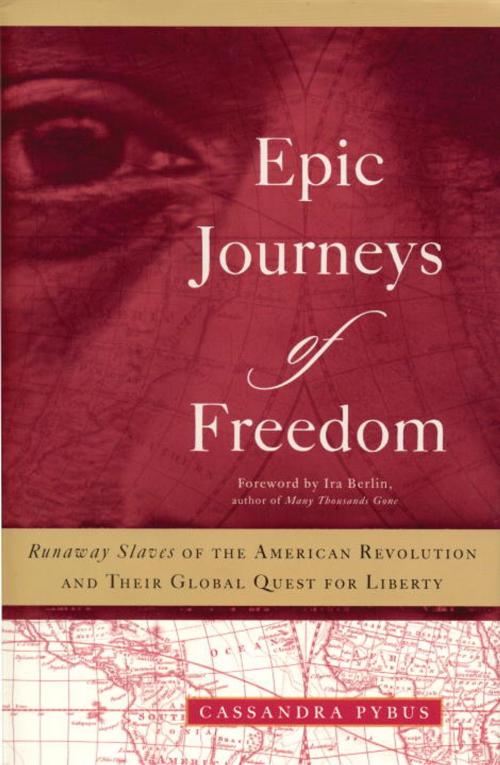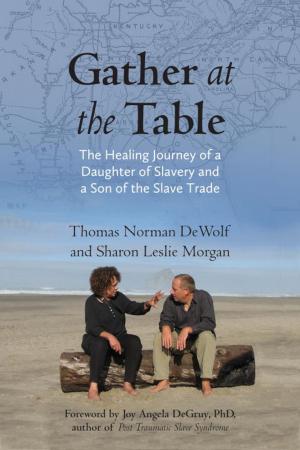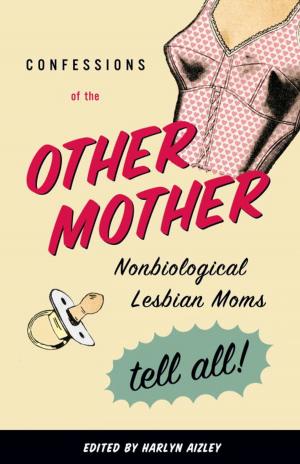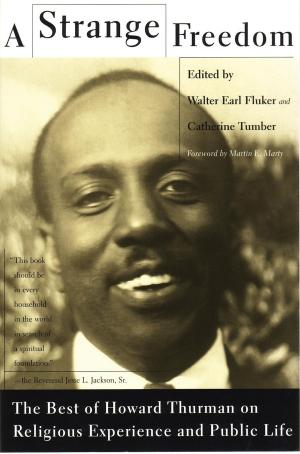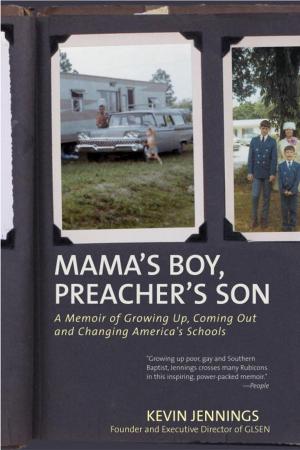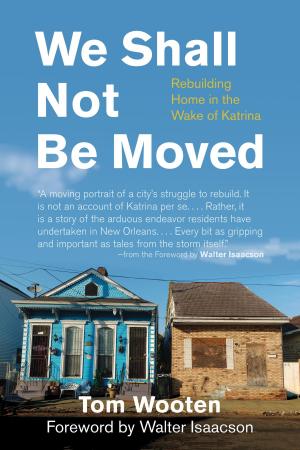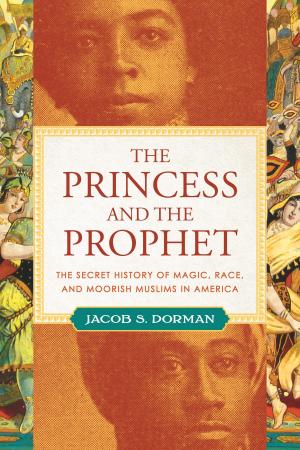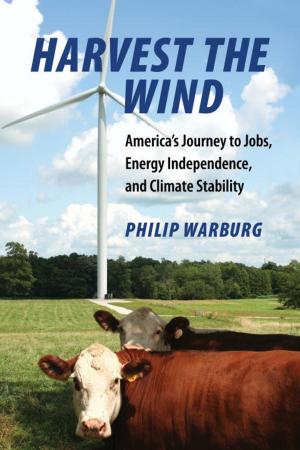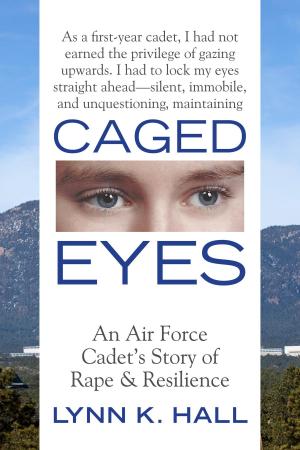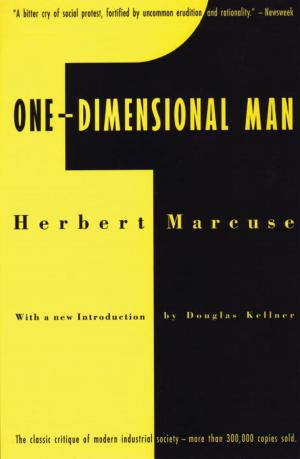Epic Journeys of Freedom
Runaway Slaves of the American Revolution and Their Global Quest for Liberty
Nonfiction, History, Americas, United States, Revolutionary Period (1775-1800), Social & Cultural Studies, Social Science, Discrimination & Race Relations, Biography & Memoir| Author: | Cassandra Pybus | ISBN: | 9780807055182 |
| Publisher: | Beacon Press | Publication: | February 1, 2006 |
| Imprint: | Beacon Press | Language: | English |
| Author: | Cassandra Pybus |
| ISBN: | 9780807055182 |
| Publisher: | Beacon Press |
| Publication: | February 1, 2006 |
| Imprint: | Beacon Press |
| Language: | English |
Cassandra Pybus adds greatly to the work of [previous] scholars by insisting that slaves stand at the center of their own history . . . Her 'biographies' of flight expose the dangers that escape entailed and the courage it took to risk all for freedom. Only by measuring those dangers can the exhilaration of success be comprehended and the unspeakable misery of failure be appreciated.--Ira Berlin, from the Foreword
During the American Revolution, thousands of slaves fled their masters to find freedom with the British. Epic Journeys of Freedom is the astounding story of these runaways and the lives they made on four continents. Having emancipated themselves, with the rhetoric about the inalienable rights of free men ringing in their ears, these men and women struggled tenaciously to make liberty a reality in their own lives.
This alternative narrative of freedom fought for and won is uniquely compelling; historian Cassandra Pybus's groundbreaking research has uncovered individual stories of runaways who left America to forge difficult new lives in far-flung corners of the British Empire. Harry, for example, one of George Washington's slaves, escaped from Mount Vernon in 1776, was evacuated to Nova Scotia in 1783, and eventually relocated to Sierra Leone in West Africa with his wife and three children. Ralph Henry, who ran away from the Virginia firebrand Patrick Henry in 1776, took a similar path to precarious freedom in Sierra Leone, while others, such as John Moseley and John Randall, were evacuated with the British forces to England. Stranded in England without skills or patronage during a period of high unemployment, they were among thousands of newly freed poor blacks who struggled just to survive. While some were relocated to Sierra Leone, others, like Moseley and Randall, found themselves transported to the distant penal colony of Botany Bay, in Australia.
Epic Journeys of Freedom, written in the best tradition of history from the bottom up, is a fascinating insight into the meaning of liberty; it will change forever the way we think about the American Revolution.
Cassandra Pybus adds greatly to the work of [previous] scholars by insisting that slaves stand at the center of their own history . . . Her 'biographies' of flight expose the dangers that escape entailed and the courage it took to risk all for freedom. Only by measuring those dangers can the exhilaration of success be comprehended and the unspeakable misery of failure be appreciated.--Ira Berlin, from the Foreword
During the American Revolution, thousands of slaves fled their masters to find freedom with the British. Epic Journeys of Freedom is the astounding story of these runaways and the lives they made on four continents. Having emancipated themselves, with the rhetoric about the inalienable rights of free men ringing in their ears, these men and women struggled tenaciously to make liberty a reality in their own lives.
This alternative narrative of freedom fought for and won is uniquely compelling; historian Cassandra Pybus's groundbreaking research has uncovered individual stories of runaways who left America to forge difficult new lives in far-flung corners of the British Empire. Harry, for example, one of George Washington's slaves, escaped from Mount Vernon in 1776, was evacuated to Nova Scotia in 1783, and eventually relocated to Sierra Leone in West Africa with his wife and three children. Ralph Henry, who ran away from the Virginia firebrand Patrick Henry in 1776, took a similar path to precarious freedom in Sierra Leone, while others, such as John Moseley and John Randall, were evacuated with the British forces to England. Stranded in England without skills or patronage during a period of high unemployment, they were among thousands of newly freed poor blacks who struggled just to survive. While some were relocated to Sierra Leone, others, like Moseley and Randall, found themselves transported to the distant penal colony of Botany Bay, in Australia.
Epic Journeys of Freedom, written in the best tradition of history from the bottom up, is a fascinating insight into the meaning of liberty; it will change forever the way we think about the American Revolution.
